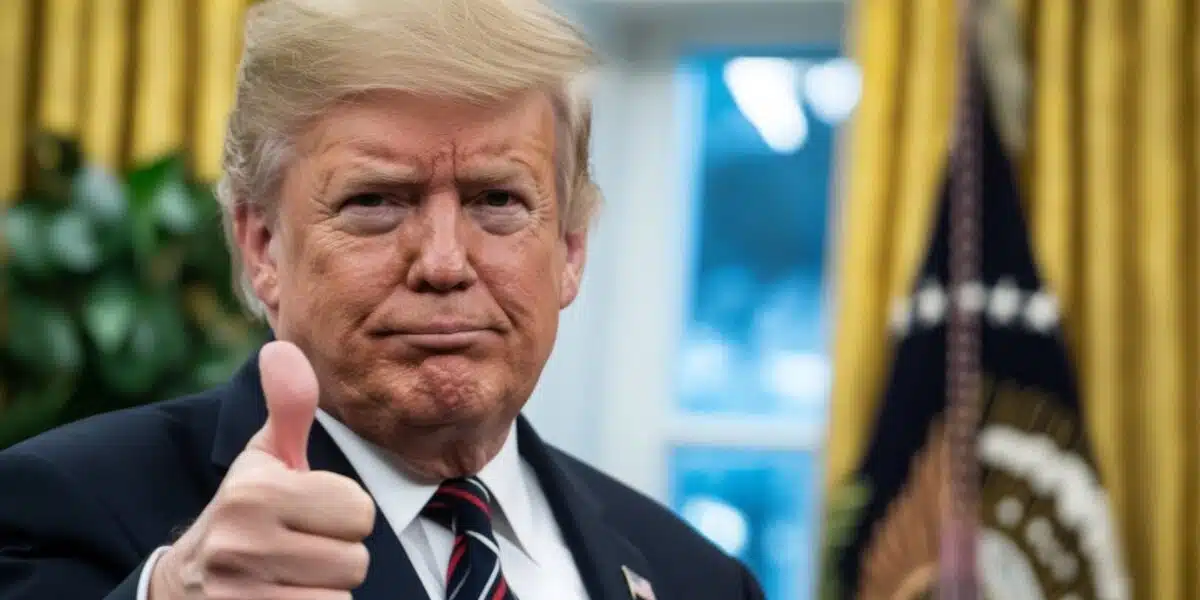Brace yourselves—the global car market just got a major shake-up!
U.S. President Donald Trump has announced a whopping 25% tariff on imported cars and car parts, a move that is set to rattle the auto industry, disrupt supply chains, and drive up car prices. Eyes Of Lagos reports,
The new policy, aimed at boosting American car manufacturing, officially takes effect on Wednesday, April 2, with duties on imported vehicles kicking in the next day. However, tariffs on car parts have been postponed—expected to roll out by May or later.
“Build in the U.S. or Pay the Price” – Trump’s Bold Stance
Defending the policy during a press conference, Trump made his intentions clear:
“If you build your car in the United States, there is no tariff.”
The goal? To cut down on foreign imports, drive investment into local factories, and create jobs for Americans.
Industry Experts Sound the Alarm
While the Trump administration promises economic growth, experts warn that the impact could be devastating—not just for automakers but for consumers too.
Here’s what could happen:
🚗 Car Prices Could Skyrocket – The 25% tariff could add $4,000 to $10,000 to the price of a new vehicle, making cars more expensive for everyday buyers.
🏭 Manufacturers Face Major Disruptions – Automakers rely on global supply chains, and sudden cost increases could force companies to halt production or rethink manufacturing strategies.
🔄 Trade War Escalation – With the U.S. importing nearly 8 million vehicles annually (worth $240 billion), trade partners like Mexico, Canada, Japan, and Germany could retaliate—further escalating global economic tensions.
Who Gets Hit the Hardest?
Mexico—the biggest supplier of cars to the U.S.—is expected to bear the brunt, along with key players like South Korea, Japan, Canada, and Germany.
Many U.S. automakers have factories in Mexico and Canada, benefiting from trade agreements. But with these tariffs, operations could be disrupted, supply chains broken, and diplomatic ties strained.
The White House has confirmed that while tariffs will apply to both vehicles and car parts, imports from Canada and Mexico are temporarily exempted—but once that window closes, the impact could be severe.
What’s Next? More Trade Wars or a Policy Reversal?
With industry leaders and policymakers scrambling to respond, potential retaliatory measures from affected countries are already being discussed. The big question is: Will Trump double down or reconsider?
For now, one thing is certain—car prices, global trade, and the entire auto industry are in for a bumpy ride.
👉 Do you think Trump’s tariffs will help or hurt the economy? Let’s discuss in the comments!





